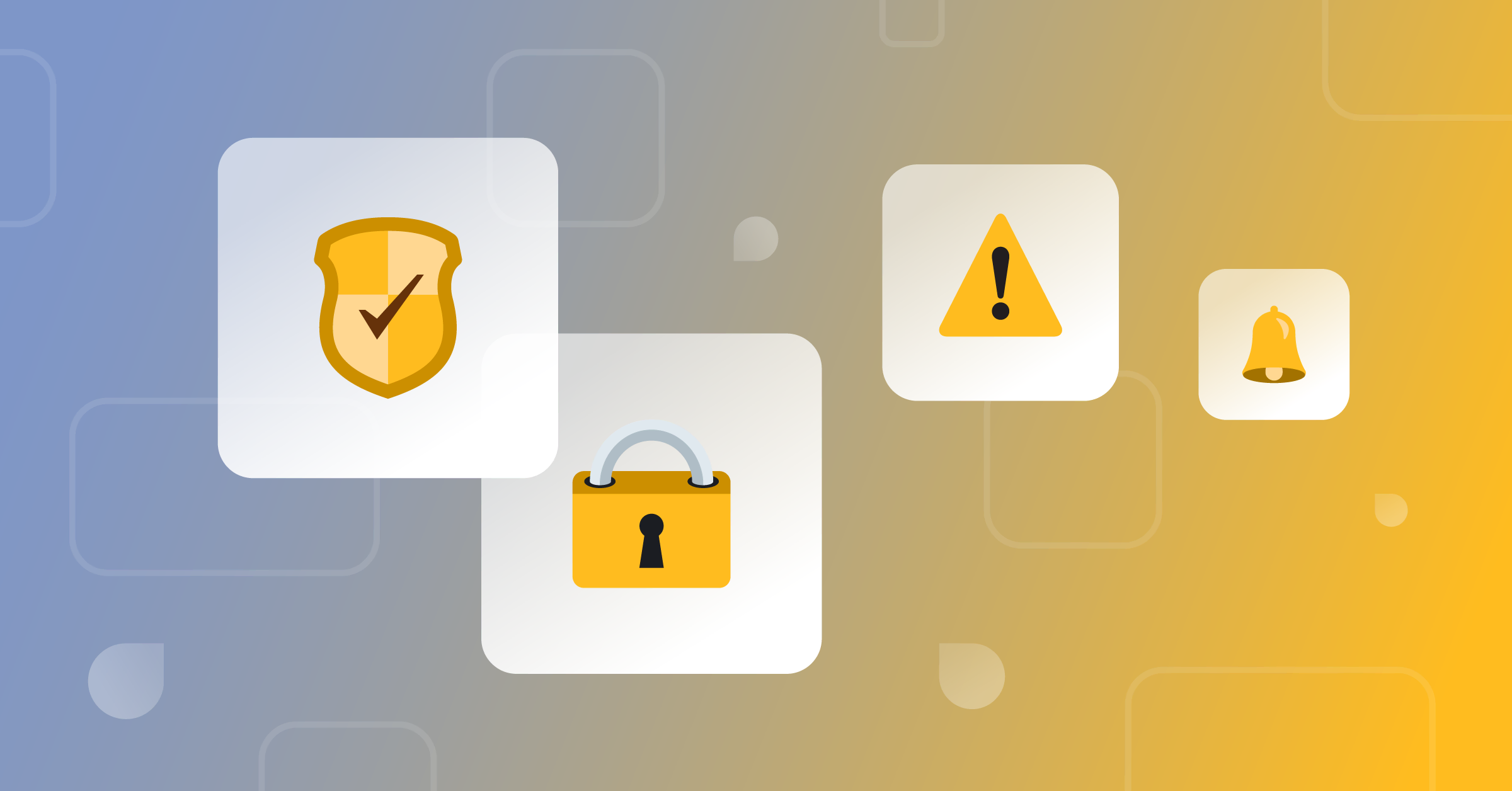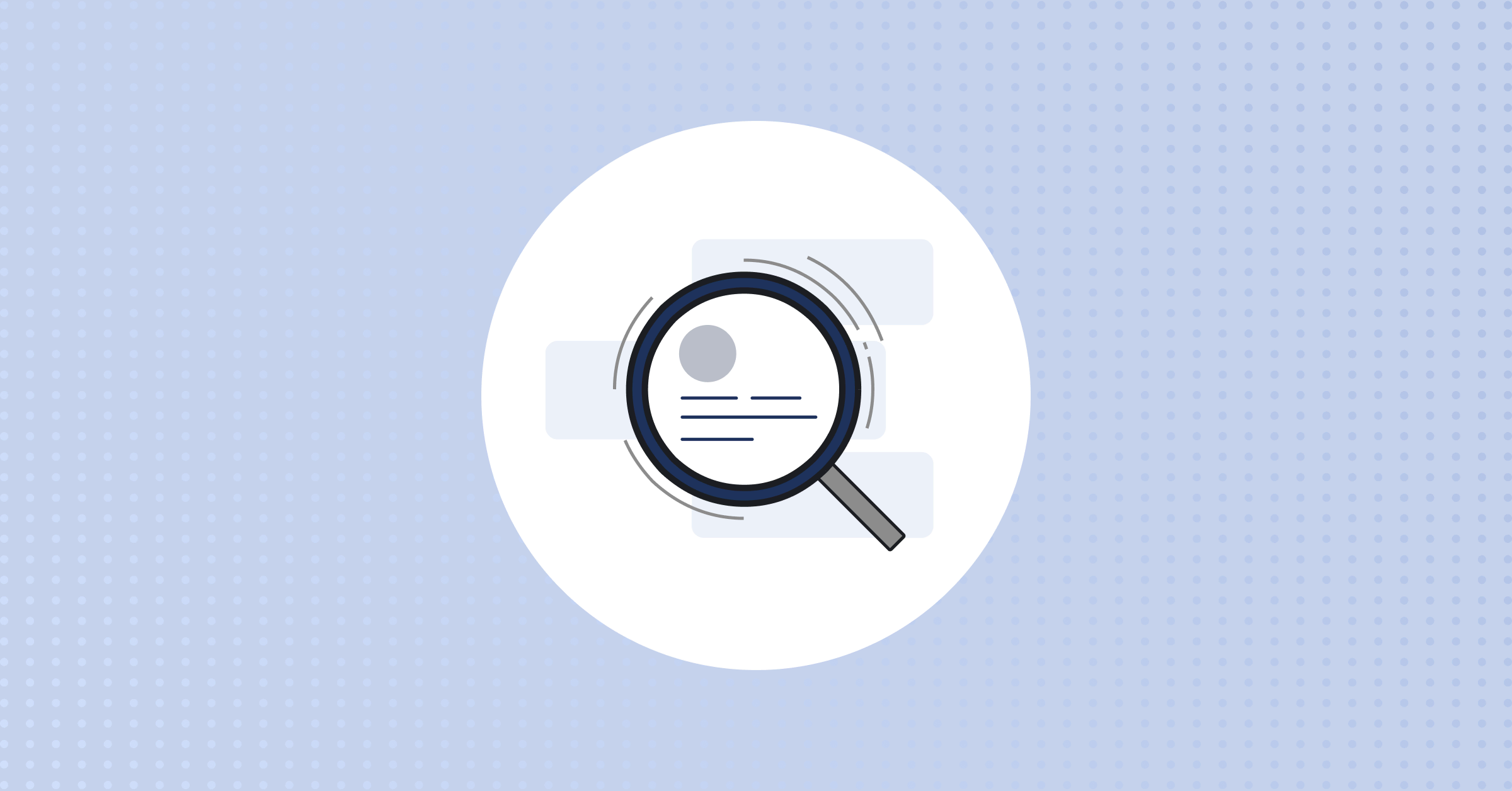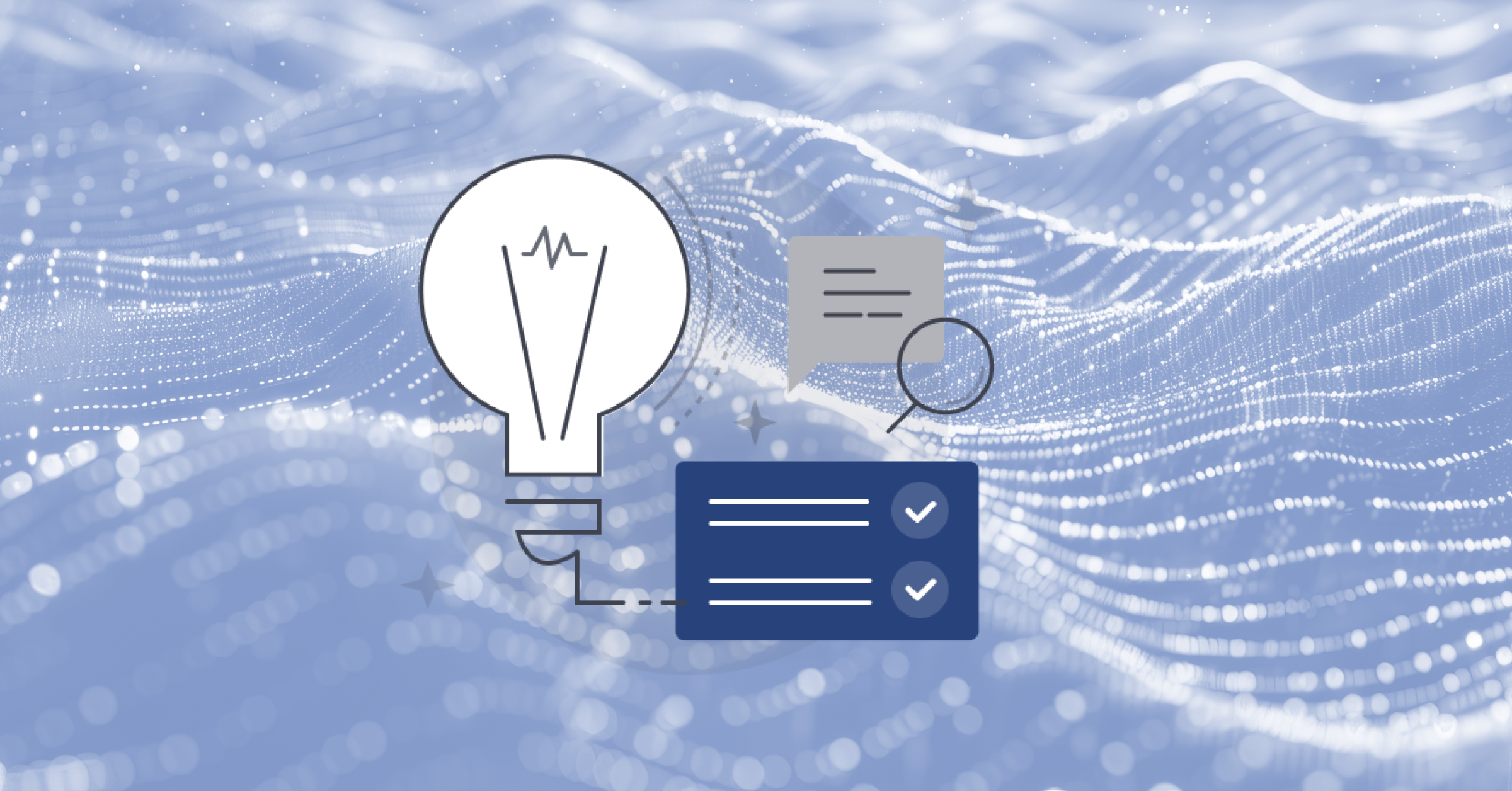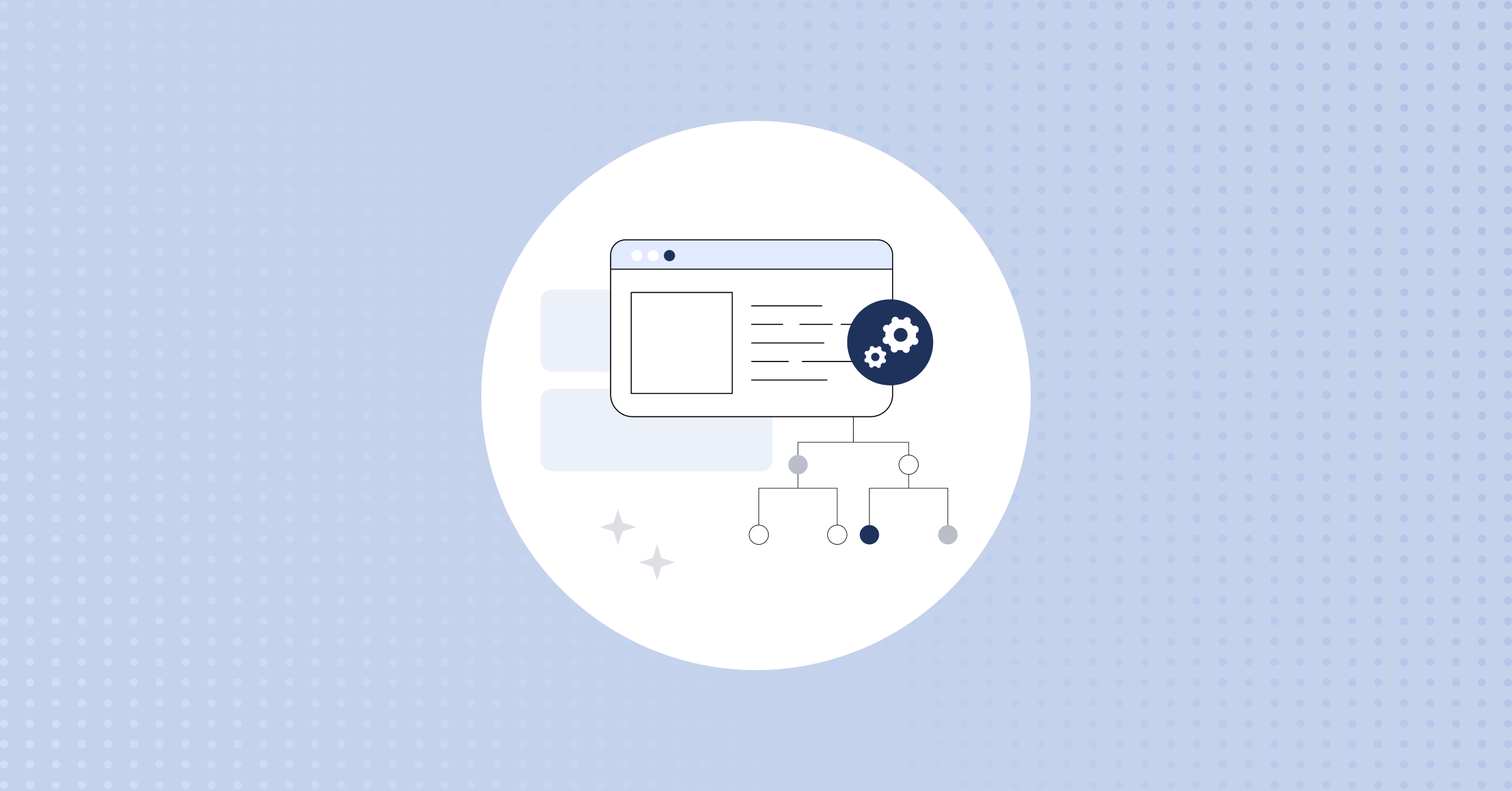
Strengthening cyber resilience with data sovereignty
Prioritizing data sovereignty can help your organization become more resilient in the face of growing cybersecurity challenges.
Cyber threats are increasing in severity and frequency, and organizations across a wide range of industries and sizes must stay prepared for outages and other incidents.
To protect against these risks, smart enterprises are increasingly embracing cyber resilience, which goes above and beyond cybersecurity practices and helps teams better anticipate, react to, and recover from cybersecurity incidents. This, in turn, ensures the long-term health and success of the business.
In this article, we’ll examine how maintaining data sovereignty helps organizations comply with data protection regulations and improve their overall cyber resilience posture.
What Is Data Sovereignty?
Data sovereignty is the idea that data is subject to the laws and regulations of the nation where it is collected. For example, if a business uses cloud software with databases in the U.S., its data may be subject to U.S. laws even if the business itself is located in a different country.
All around the world, regulatory frameworks like GDPR and CCPA increasingly mandate data sovereignty requirements to help protect individuals’ data. For many organizations, achieving data sovereignty is a critical part of staying compliant with these regulations.
Moreover, maintaining ownership over their data is a highly effective way to ensure that they don’t just adhere to regulations but also keep their data secure. The policies and practices required by data privacy regulations are meant to increase visibility into who has access to data and limit how it’s being shared — which puts organizations in a better position to protect and control it.
What Is a Data Sovereignty Strategy?
A data sovereignty strategy is a plan organizations create to make sure they’re in compliance with the laws of the country (or countries) where data is collected, stored, or processed.
Implementing a data sovereignty strategy enables organizations to comply with regulations and avoid fines or other penalties for mishandling data.
Alongside complying with regulations, a data sovereignty strategy can help organizations better control their data and achieve cyber resilience.
What Should Be Included in a Data Sovereignty Strategy?
While your data sovereignty strategy will change based on the country you’re operating in, most data regulations boil down to an organization’s ability to achieve and maintain full control over the access and use of sensitive data.
Below, you can find an overview of the five primary components of a data sovereignty strategy:
1. Identification and Understanding of Relevant Regulations
Build and maintain a living register of all jurisdictional requirements that apply to where your data is collected, stored, and processed (including client locations).
Map each law to concrete obligations, and tie those obligations to owners, policies, and technical safeguards. Data regulations often apply to the following elements:
- Consent handling
- Storage location
- Cross-border transfer rules
- Retention
- Breach notification
- Security control
Once you know which countries have sovereignty over your data and what their regulations are, you can take action to comply with them.
2. Overview of How Data Is Currently Used and Shared
Create a transparent, end-to-end view of your data lifecycle that answers the following questions (and any other questions you can create that will help you meet a particular country’s regulations for using and sharing data):
- What data do you collect?
- Why do you collect this data?
- Where does the data reside?
- Who can access the data?
- How is this data processed?
- What third parties have access to your data?
Next, document data flows and processing purposes, align them to lawful bases, and record sharing arrangements. Use this inventory to verify that every use and disclosure matches policy and regulatory commitments.
3. Proper Access Controls for Sensitive Data
Define roles and permissions so sensitive data is only available to authorized people and systems, and enforce least-privilege by default. Require strong authentication (e.g., MFA), segment environments, and log all access.
You’ll also want to manage keys securely while automating periodic access reviews and revocations. These controls should extend to service accounts, APIs, and third-party processors, as well as end users.
4. Strict Cybersecurity Practices
Harden systems with security controls that protect data across your organization and your vendors. For example, baseline configurations, patching, network security, and continuous monitoring can all improve your company’s cybersecurity.
Apply encryption throughout, run regular risk assessments and penetration tests, and maintain an incident response plan that includes containment, notification, and evidence preservation. Validate vendor security against your standards and require contractual commitments to protect regulated data.
As you improve your company’s cybersecurity and resilience, it can be useful to follow a cybersecurity framework. There are a number of frameworks, and the best choice might depend on where the organization is located (e.g., NIST CSF in the United States and NCSC CAF in the United Kingdom).
Regardless of which framework your organization uses, all of them have a few key cyber resilience functions in common, including anticipating threats and protecting data, detecting and responding to cyberattacks and outages quickly, and recovering from those incidents effectively.
5. Control Over Infrastructure
Retain meaningful control over the full data stack—physical or cloud—including the ability to set residency, enforce configurations, roll out fixes, and manage the lifecycle of servers, storage, and networking.
Ensure you can rapidly change posture (e.g., rotate keys, re-encrypt, relocate datasets) when regulations or risks evolve. Prefer architectures and providers that give you administrative control, clear data-location guarantees, and the tooling to audit and remediate issues on demand.
If possible, utilize self-hosted software to maintain maximum control over your data and infrastructure.
How Self-Hosted Software Can Help Organizations Better Control Their Data and Boost Cyber Resilience
After you’ve created a data sovereignty strategy, you can increase the control you have over your data and reduce your risk of violating a country’s data regulations by bringing your software on-premises.
By opting for self-hosted software, organizations can leverage the following advantages across key cyber resilience functions:
1. Protecting Sensitive Data from End to End
From employee conversations in your chat tools to security telemetry data in your monitoring software, your organization’s data is perhaps its most important — and therefore most vulnerable — asset. Supply chain attacks are increasingly common, and breaches that impact tools that have access to your data will impact your organization as well.
Controlling access to that data is essential for the long-term success of the business. Focusing on data sovereignty has one big advantage for security-sensitive businesses: It allows them to maintain complete ownership and control over their data at all times.
2. The Flexibility to Respond Quickly
Cloud-based systems outages can take whole industries offline. When organizations rely on third-party software providers for software hosting, they’re at the mercy of those vendors’ timelines and resources to resolve outages and restore system access.
Self-hosted systems aren’t immune to outages, but they do give organizations more control when it comes to responding to incidents because they don’t rely on third parties for hosting. As a result, security teams have all the information and context around an incident from the moment it’s detected. While this means more responsibility for your team, it ultimately gives them the flexibility they need to take control over any type or severity of cyber incident.
3. Recovering from Cyber Incidents Effectively
For security teams, data breaches and cybersecurity attacks aren’t truly over when incidents are resolved. Teams must analyze what happened, understand how to improve processes before another incident, and communicate with their stakeholders in a timely manner. Those organizations also have regulatory and compliance obligations and must provide data logs to auditors and other governing bodies.
Choosing self-hosted software gives security teams full access to all the information they need to dive into data from the incident, moment by moment, and later export any data required for reporting without any restrictions from software providers.
How Mattermost Helps Security Teams Achieve Cyber Resilience
Effective collaboration is at the core of any business’s operations, and Mattermost is a secure collaboration platform designed for security, IT, and other operational teams doing mission-critical work for their organizations. The platform is designed with high-stakes, sensitive workflows in mind, with features and functionality built to make sure that your most important data stays exactly where you want it to be at all times:
- Self-hosted deployment. Mattermost offers self-hosted deployment options that let organizations deploy their collaboration platform to on-premises servers and even air-gapped environments, ensuring their data never leaves their network.
- Granular access controls. Mattermost empowers admins to manage and moderate their multi-team deployments with the ability to configure channels to be read-only, restrict channel mentions and emoji reactions, and lock channels.
- Advanced compliance features. Mattermost offers compliance features that let administrators readily comply with requirements, including compliance export, eDiscovery automation, customizable data retention policies, and legal holds.
To learn more about how teams use Mattermost for security operations, DevSecOps workflows, and even mission operations, read this.




